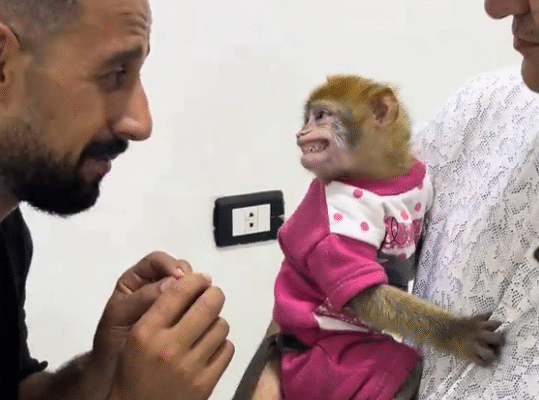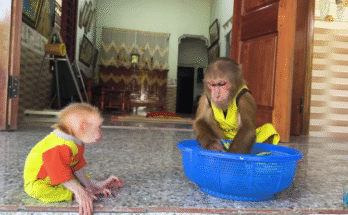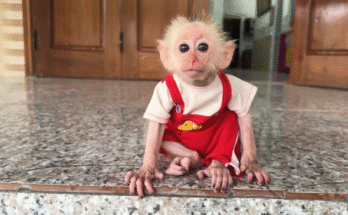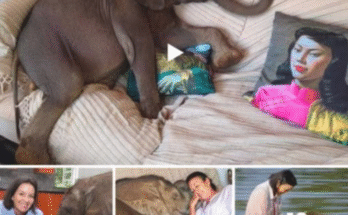ate and I Reconcile in Dara
There is a quiet village tucked between hills and history, called Dara. It does not appear on many maps, nor does it boast the noise or distractions of modernity. But for me, it became a turning point — the place where fate and I, long-time adversaries, finally sat down, looked each other in the eye, and reached an understanding.
I arrived in Dara not by plan, but by what I once called misfortune. My life in the city had unraveled slowly: a promising career disrupted by an untimely downsizing, a relationship that dissolved like morning fog, and a growing feeling that the world had shifted just slightly out of reach. With no clear direction, I packed a few essentials and wandered. Something — call it instinct, or perhaps fate itself — drew me toward the countryside.
The road to Dara was unpaved and forgotten by GPS. It felt like stepping back in time. The trees stood older, wiser, and the sun filtered through them in a way I hadn’t seen in years. When I arrived, the village welcomed me with a silence that wasn’t empty, but full — full of whispers, secrets, and the rhythm of life unhurried.

The first few days, I stayed in a small wooden house rented from an old couple named Mr. and Mrs. Saun. They said little but smiled often. Each morning, they left a bundle of herbs or a bowl of fruit at my doorstep. I tried to offer payment, but they always shook their heads.

At first, I tried to maintain a semblance of the structured life I had known. I made lists. I tried to plan. But the land had its own rhythm, and the people of Dara did not run on urgency. Time moved differently here. Slowly, like water carving stone.
One afternoon, I found myself walking past a ruined temple just beyond the village fields. Moss grew thick on the stones, and vines clung to crumbling statues. I sat on a step and let the quiet fill me. It was there I began to think about the idea of fate.
I had always believed fate was something done to us — something cruel, distant, a puppet master yanking strings. It was easy to blame my failures and heartbreaks on fate. But in the silence of Dara, that belief began to crack.
An old monk appeared from behind the temple, as if summoned by thought. He didn’t speak at first. He just nodded and sat beside me. We watched the sun inch downward.
“Sometimes,” he said eventually, “fate waits for us to be still. To stop fighting long enough to listen.”
I didn’t know how to answer, but something shifted inside me. The anger I had carried for months — maybe years — loosened its grip.
In the days that followed, I learned more about Dara. The villagers lived close to the land. They planted by the moon, harvested by hand, and cooked with ingredients picked that very morning. Their children ran barefoot and laughed loudly. People spoke little, but when they did, they meant every word.
I began helping in the fields — at first awkwardly, then with growing comfort. My hands, once only used for typing, grew calloused. My breath deepened. I slept better. The ache behind my eyes disappeared.
One evening, Mrs. Saun invited me to a festival in the village square. Candles lit the paths, and music — gentle and raw — filled the air. As I danced with strangers who had quietly become friends, I felt something unfamiliar: peace.
Fate had not changed. It had not apologized for the past. But I realized I no longer needed it to.



